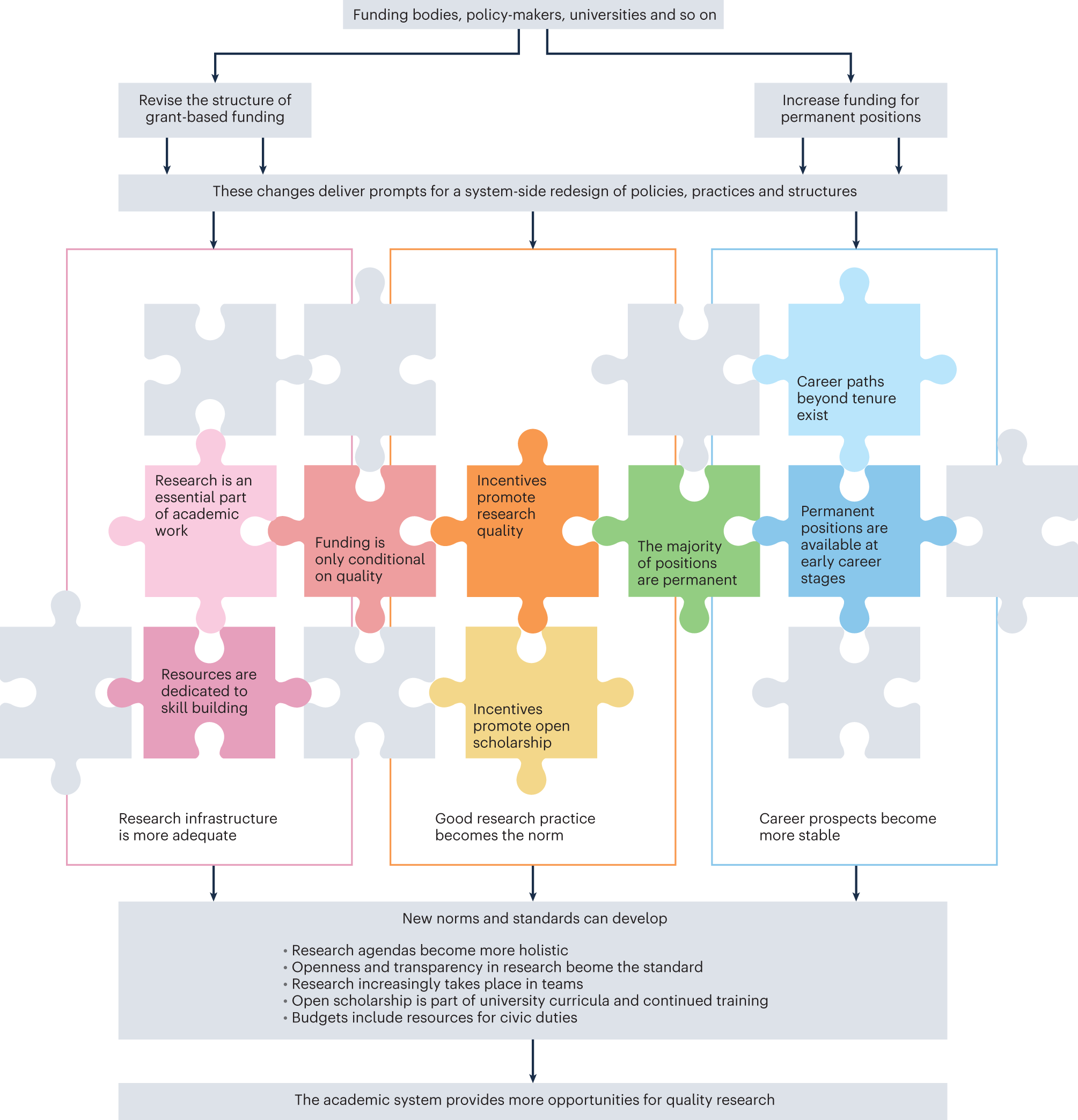Where to Find Top Quality Academic Resources for Your Study
Recognizing top notch scholastic resources is crucial for strenuous research study, yet navigating the large landscape of readily available materials can be daunting. In addition, on the internet academic databases like JSTOR and PubMed accumulated scholarly short articles, while open access journals supply more inclusive access to study searchings for. Recognizing just how to utilize these resources efficiently can substantially affect your research outcomes.
College Libraries

Beyond physical collections, university libraries typically use customized research study aid, including examinations with curators that possess subject competence (Docentra). This support can significantly boost the performance and efficiency of the study procedure, allowing users to browse complicated info landscapes with greater convenience
In addition, many libraries supply accessibility to unusual and archival materials, which can be important for innovative research jobs. Such unique sources often include key papers, manuscripts, and historical collections that are not conveniently offered elsewhere.
Moreover, college collections frequently organize workshops and seminars aimed at boosting information literacy skills. These campaigns empower pupils and professors to seriously examine resources, a critical ability in today's information-rich environment. In general, college libraries not only offer as repositories of knowledge however additionally function as dynamic hubs that promote academic growth and development.
Online Academic Data Sources
In the realm of scholastic research, online academic data sources play a crucial duty in offering students and scholars with immediate access to a wide range of academic posts, journals, and other crucial resources. These digital databases act as central systems where customers can efficiently look for peer-reviewed literature across various techniques.
Prominent databases such as JSTOR, PubMed, and Scopus host extensive collections that cover a wide variety of subjects, from the humanities to the scientific researches. Docentra. By using innovative search capabilities, researchers can improve their questions, filter outcomes by publication day, and accessibility citation devices, therefore boosting the study procedure's performance and accuracy
In addition, several data sources supply features like signals for new publications and the ability to conserve and arrange short articles, further simplifying the study experience. Registrations to these databases are typically provided through scholastic organizations, giving trainees and faculty members unlimited accessibility to costs material.
Open Accessibility Journals
Progressively, researchers are transforming to open up gain access to journals as a complementary resource to standard academic databases. These journals supply an important platform for distributing research study searchings for without the financial obstacles typically related to subscription-based magazines. Open up access models permit for totally free online accessibility to scholarly have a peek at these guys articles, making sure that research comes to a broader audience, including practitioners, policymakers, and the public.
The quality of open gain access to journals has actually significantly boosted, with several adhering to rigorous peer-review processes and being indexed in trusted databases. This change has promoted higher transparency and collaboration in the academic area, as scientists can share their job much more conveniently and get responses from diverse perspectives.
Additionally, the spreading of open access journals straightens with the global movement in the direction of open scientific research, advertising the idea that publicly financed research study ought to be freely offered to all. Scientists seeking high-grade academic sources should take into consideration reliable open accessibility journals, such as those provided in the Directory site of Open Accessibility Journals (DOAJ) or those published by acknowledged academic societies. By incorporating open gain access to journals into their research study methods, scholars can improve the visibility and impact of their job.
ResearchGate and Academia.edu
ResearchGate and Academia.edu have become critical platforms for scholastic networking and knowledge sharing, with countless scientists leveraging these websites to share their job and link with peers. Both platforms permit customers to produce accounts that showcase their magazines, study passions, and scholastic success, promoting better visibility within the scholarly community.
ResearchGate, established in 2008, concentrates on promoting cooperation among scientists via attributes such as research study partnership tools, project sharing, and question-and-answer online forums. Individuals can upload their papers, involve in conversations, and follow the job of others, improving the collaborative possibility of their research. The system also supplies metrics on paper visibility and downloads, enabling researchers to gauge the effect of their job.
Academia.edu, launched in 2008 as well, runs similarly but emphasizes the sharing of academic documents. Users can adhere to specific research topics and receive updates on new magazines within their locations of passion. Additionally, Academia.edu supplies analytics on viewers interaction, Recommended Reading helping researchers comprehend their audience better.
Both systems act as important resources for accessing high-quality academic web content and promoting links that can bring about impactful collaborations.
Google Scholar and Beyond
Academic networking platforms like ResearchGate and Academia.edu play a significant function in disseminating research study, however Google Scholar offers a various measurement by working as a comprehensive online search engine for scholarly literature. It indexes a vast array of sources, consisting of peer-reviewed write-ups, theses, publications, conference process, and patents, making it a very useful tool for scientists throughout disciplines.
Google Scholar supplies numerous functions that boost study efficiency. The citation monitoring function allows customers to see exactly how frequently a paper has been mentioned, offering insights into its effect within the academia. In addition, the "associated articles" function helps scientists uncover comparable researches, promoting a much more complete expedition of a topic.

Final Thought
In final thought, accessing high-grade scholastic resources is important for rigorous research study. University collections give comprehensive collections visit the site and skilled advice, while online academic data sources such as JSTOR and PubMed streamline academic posts. Making use of these resources jointly can substantially boost the top quality and deepness of scholastic research.